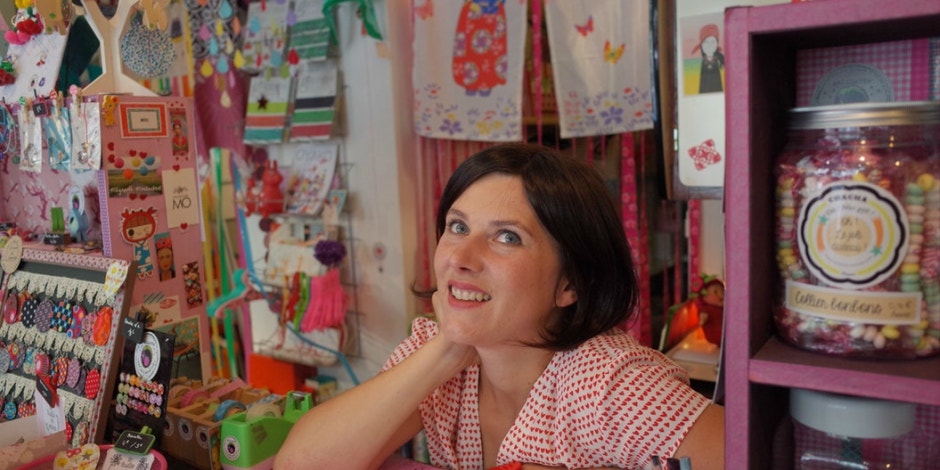
FYI.
By Caithlin Pena — Written on Apr 27, 2018
Photo: Unsplash

If you're the type of person with a big sweet tooth, this might be devastating news.
In a new study about the effects of sugar in the body, Dr. Robert Lustig says that sugar may be worse than fat. He and his team at the University of California believe that they have "hard and fast data that sugar is toxic, irrespective of its calories and irrespective of weight."
Forty-three Hispanic or African-American students, aged eight to 18, were asked to fill out a food questionnaire, which gave researchers an idea as to their caloric intake per day. Then, for the next 9 days, the children ate from a special menu provided by the researchers, which had more starch than sugar. The menu reflected how many calories the children normally ate.
"We took chicken teriyaki out, and put turkey hot dogs in. We took sweetened yogurt out, and put baked potato chips in. We took pastries out and put bagels in," said Lustig in an interview with TIME.
The children weighed themselves every day. If they lost any weight, researchers told them to eat more to maintain their regular weight.
Even though the children's calories remained the same, their blood sugar levels dropped by 53 percent, along with their insulin levels. Triglyceride and LDL levels, and fat in their liver, also dropped considerably.
The children who were insulin-resistant (which is a precursor to the development of diabetes) became insulin sensitive. This means their body can now keep up with breaking down the sugar from their daily diet.
To ensure that the results weren't affected by the children's varying weights, the researchers compared those who lost weight to those who didn't. Both groups had similar improvements.
"Up until now, there have been a lot of correlation studies linking sugar and metabolic syndrome," Lustig said. "This is causation."
But hold up! Before you start throwing out every sugary product you can find in your kitchen, take note that the study raises a few doubtful eyebrows in the health community.
Although the researchers reduced the sugar in the special menus, it didn't mean that the food they were serving included healthier alternatives. Lustig admitted to giving the children "crappy food, sh*tty food, processed food," in order to prove a point of the effects of sugar in the body. Nutritional value wasn't taken into account.
Related Stories From YourTango:
Also, according to Susan Roberts, professor of Nutrition at the USDA Nutrition Center at Tufts University, the health improvement in the children may have been due to the weight loss, not the decrease in sugar consumption. And since the children self-reported how many calories they ate per day, the reports might have been inaccurate.
University of Tennessee pediatrics professor Dr. Mark Corkins also noted that Lustig's subjects were made up of already obese children. Corkins said that although the study is informative, it shouldn't shift the focus away the bigger problem: "Too much calorie intake is still the biggest problem," he said.
